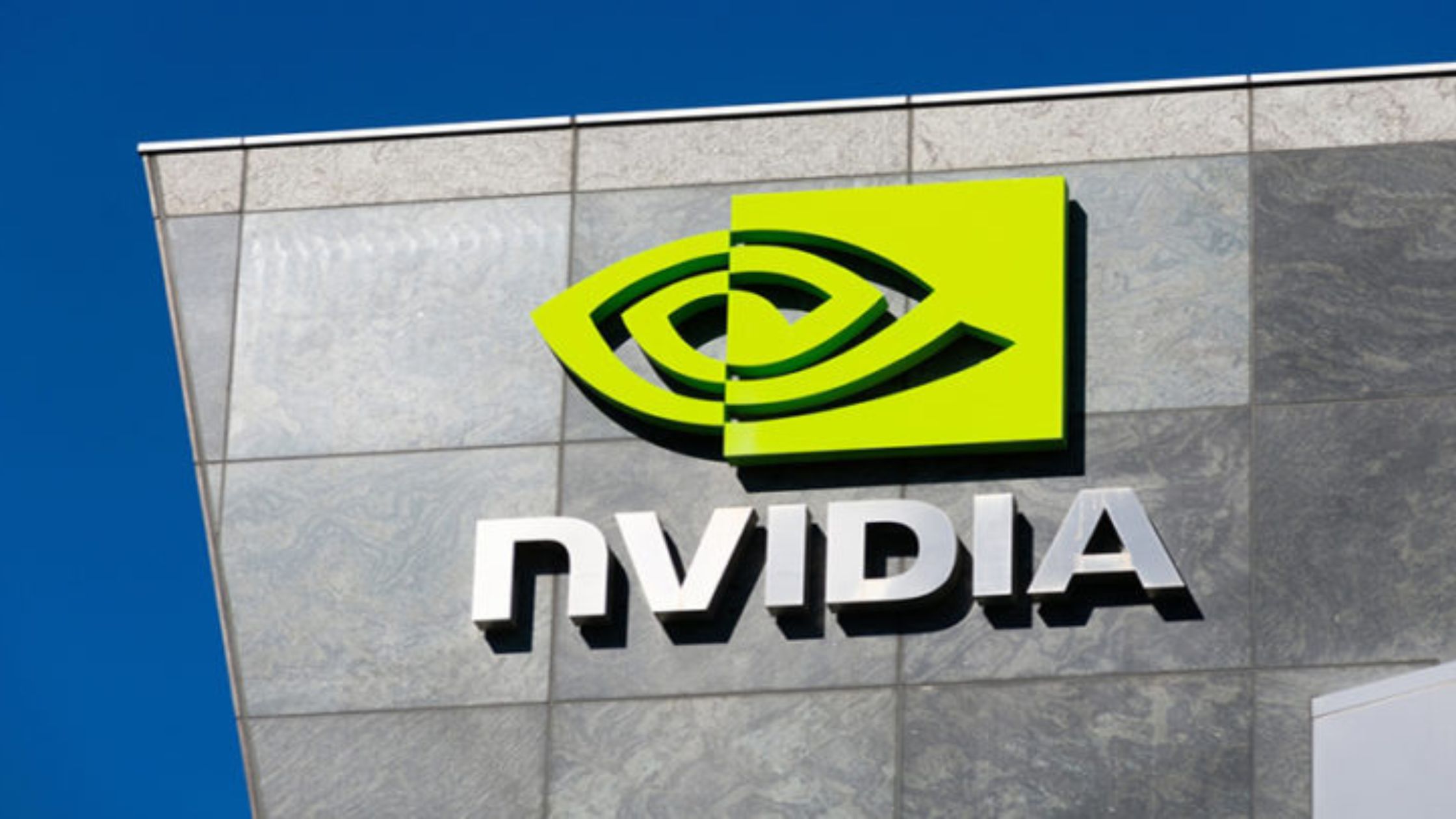
Nvidia Stock Slips Despite Strong Earnings and Forecasts
Despite reporting strong financial results and forecasts that exceeded estimates, Nvidia’s stock price slipped in the aftermath of its earnings release. The decline in share price can be attributed to various factors, even as the company showcased impressive performance and promising prospects. In this article, we’ll delve into the details of Nvidia’s recent earnings, the market’s reaction, and the outlook provided by Wall Street analysts.
Nvidia’s Financial Highlights:
- Data Center Business: Nvidia’s data center business was the primary revenue driver, generating $26.3 billion in the quarter, surpassing Wall Street’s estimate of $25 billion. This marks a significant 154% increase from the previous year’s quarter, underscoring the segment’s critical role in the company’s success.
- Next-Generation Chip Demand: The company’s upcoming next-generation Blackwell chip is generating “incredible” demand, according to CEO Jensen Huang. The Blackwell production ramp is scheduled to start in the fourth quarter and extend into fiscal 2026, with CFO Colette Kress anticipating “several billion dollars in Blackwell revenue.”
- Hopper Chips and Gaming Division: Nvidia expects shipments of its current Hopper chips to increase in the latter half of the year. Meanwhile, the company’s gaming division, historically its most profitable, posted a 16% year-over-year revenue increase, reaching $2.8 billion.
- AI Leadership and Tech Giant Partnerships: Nvidia dominates the AI chip design and software market, with Reuters estimating its market share between 80% and 95%. The company’s technology is integral to tech giants like Microsoft, Amazon, Google, and Meta, highlighting its strategic importance in the AI landscape.
- Share Buyback and Investor Returns: Nvidia announced a substantial $50 billion increase in its share buyback authorization, demonstrating its commitment to returning value to shareholders. This move adds to the existing $7.5 billion remaining on its previous authorization at the end of the quarter.
Market Reaction and Analyst Outlook:
Despite Nvidia’s robust financial performance and positive forecasts, its stock price slipped after the earnings release. However, Wall Street analysts remain bullish on the company’s prospects and encourage investors to view the dip as a buying opportunity. Here’s a summary of key insights and recommendations from analysts:
- JPMorgan’s Interest: While Nvidia has been the center of attention, JPMorgan suggests considering another chip stock reporting earnings this week, indicating the presence of alternative investment options in the sector.
- Post-Earnings Dip as Buying Opportunity: Wall Street analysts unanimously recommend buying the dip in Nvidia shares following the earnings-related decline. They recognize the strong fundamentals and future growth potential, making the temporary setback an attractive entry point for long-term investors.
- Focus on Next-Generation Chips: Analysts highlight the significant demand for Nvidia’s next-generation Blackwell chip, which is expected to drive substantial revenue in the upcoming quarters. The production ramp-up and anticipated sales underscore the market’s enthusiasm for this cutting-edge technology.
- Improving Dow Jones, S&P 500, and Nasdaq Futures: The broader market improvements, including modest rises in Dow Jones, S&P 500, and Nasdaq futures, contribute to a positive overall sentiment, setting the stage for potential gains in Nvidia’s stock price.
Conclusion:
In summary, Nvidia’s recent financial results and forecasts exceeded expectations, particularly in its data center business and with the highly anticipated next-generation Blackwell chip. While the stock price slipped post-earnings, Wall Street analysts advise investors to capitalize on the dip. The company’s leadership in AI chip technology, strategic partnerships, and strong financial position make it a compelling investment opportunity for those seeking exposure to the tech sector and AI innovation. As always, investors should conduct their due diligence and consider their investment horizons and risk tolerances before making any financial decisions.
August 29, 2024

















